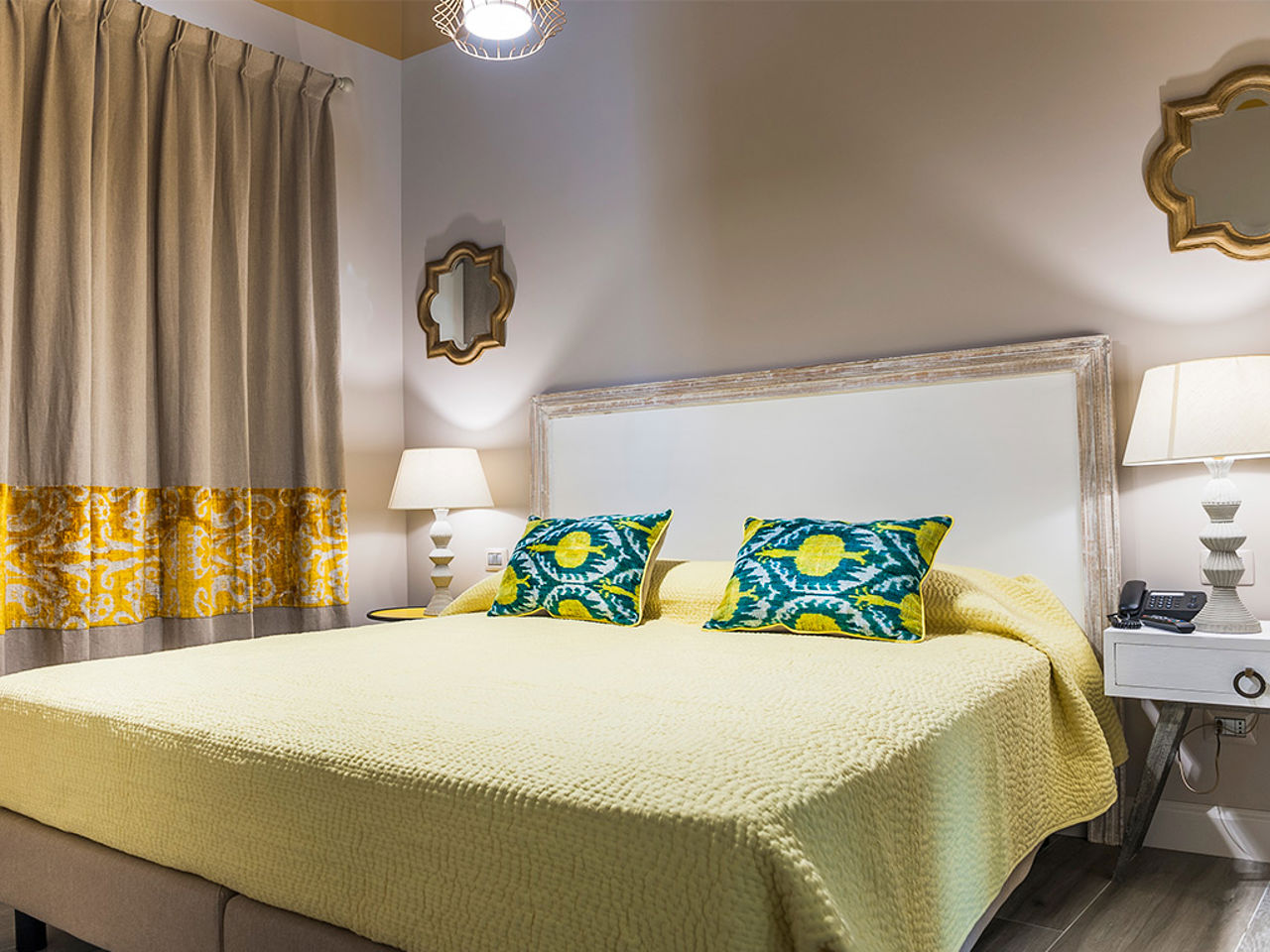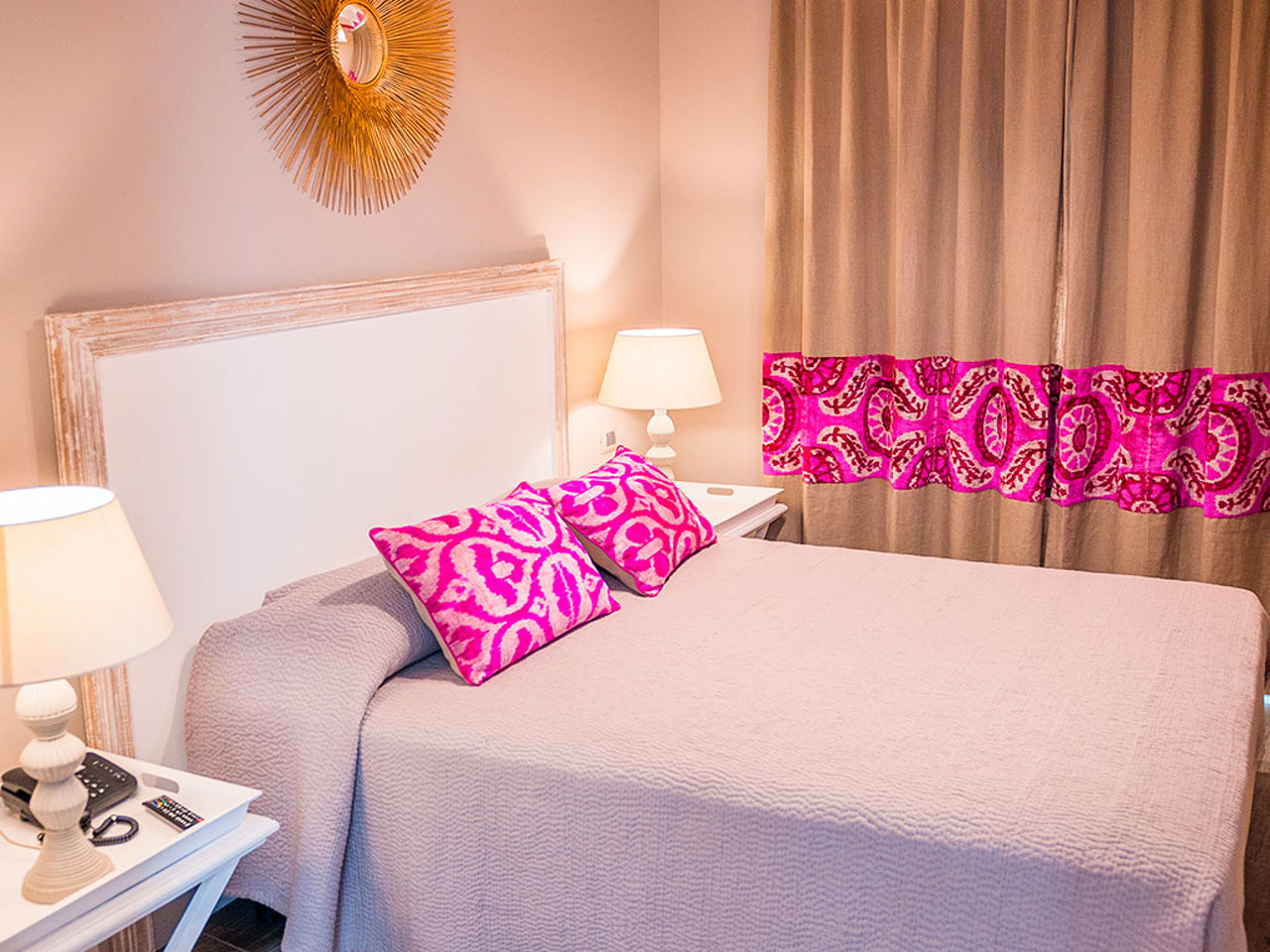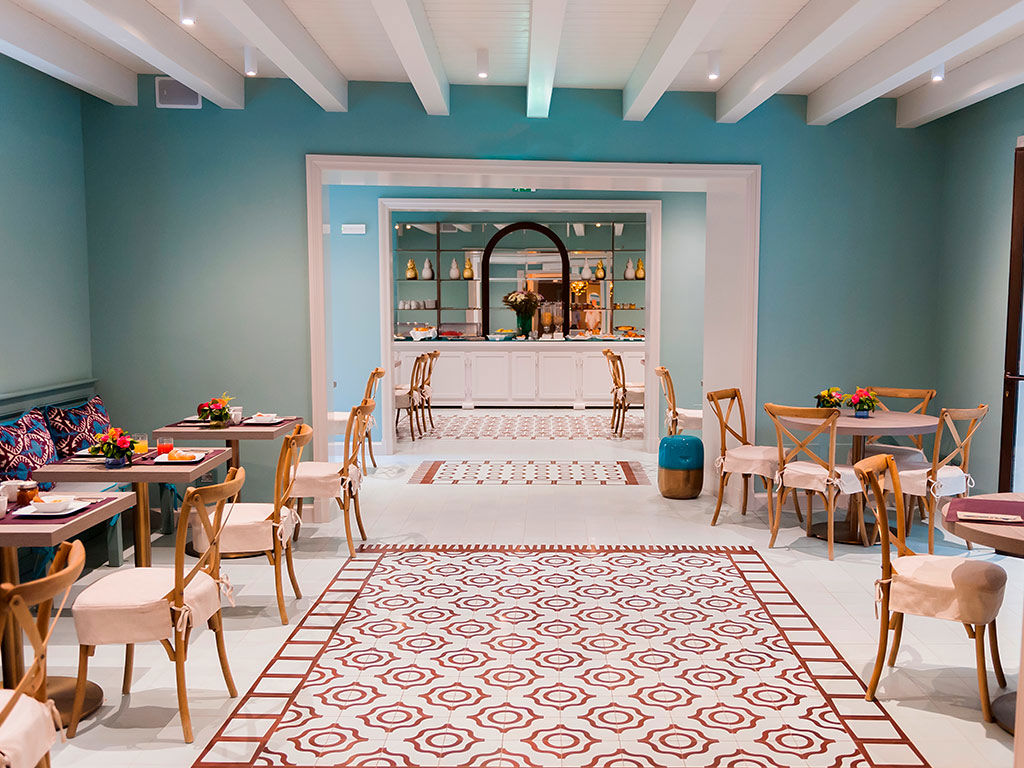Trapani is a city that smells of the sea and history, a place where time seems to have
stopped among the narrow streets of the old town and the sound of the waves
crashing along the waterfront. Its crescent shape, stretching out into the
Mediterranean, already tells much of its destiny: a natural harbor that for centuries
has welcomed peoples, trade, and cultures, becoming a crossroads of civilizations
and stories still lingering in the air today. The origins of Trapani are lost in myth.
Legend has it that the city was born from Saturn’s sickle, which fell into the sea as
the god fled after killing his father. Yet, if myth cloaks the city in charm, it is history
that makes it truly extraordinary. Founded by the Elymians and later becoming a
strategic Carthaginian port, Trapani experienced its first great period of splendor
during the Punic Wars, when it was the stage of fierce battles between Rome and
Carthage for control of the Mediterranean. Since then, every domination—Roman,
Byzantine, Arab, Norman, Spanish—has left a deep mark, still visible today in the
architecture, the names, and the flavors. Walking through Trapani feels like stepping
into a living history book: the ancient walls embracing the old town, the baroque
churches with their colorful marble, and the noble palaces with wrought-iron
balconies tell of a glorious, cosmopolitan past. The Arabs, who ruled the city for over
two centuries, made it a vital trading hub and introduced new agricultural techniques,
including salt production and the use of windmills—still today symbols of the
Trapanese landscape. Under the Normans and later the Spanish, Trapani became a
wealthy and devout city, a center of sacred art and processions that continue to
represent the beating heart of its people’s identity. The most famous of all is
undoubtedly the Processione dei Misteri, held every Good Friday, when the city
comes alive for twenty-four consecutive hours in a centuries-old tradition where faith,
art, and popular devotion blend into a moving ritual.Trapani today is the result of an ancient past yet remains a vibrant, authentic city that
has renewed itself without losing its soul. The old salt warehouses have been
transformed into cultural spaces, artisan workshops still preserve ancient techniques
such as coral crafting, and the historic center, with its narrow streets glowing at
sunset, now welcomes visitors from all over the world. Here, where the sea meets
the golden stone and the wind carries the scent of the salt pans, past and present
coexist in perfect harmony, offering those who visit an experience that goes beyond
a simple holiday.
Staying in Trapani means immersing yourself in a millennia-old story that continues
to live every day—in its people, its squares, and its smiles. And it is right in the heart
of this city, where everything speaks of tradition and beauty, that Hotel San Michele
welcomes its guests, offering an elegant and authentic retreat from which to discover
the true soul of Trapani.




